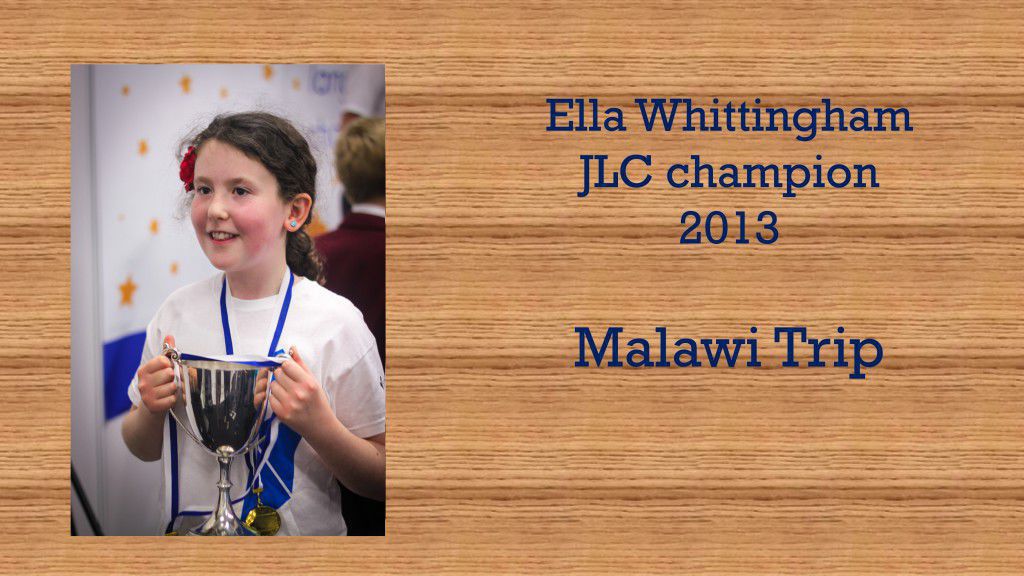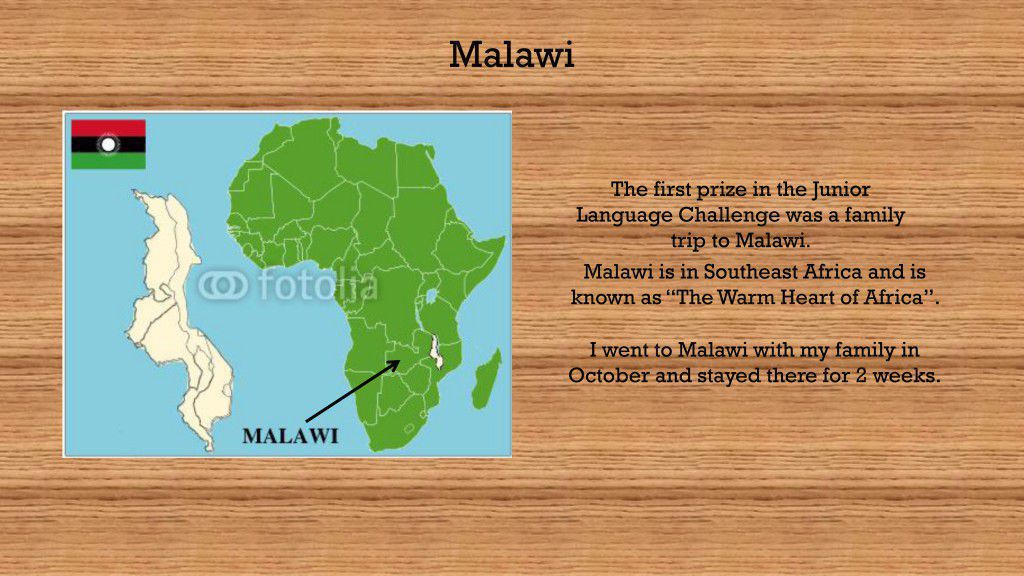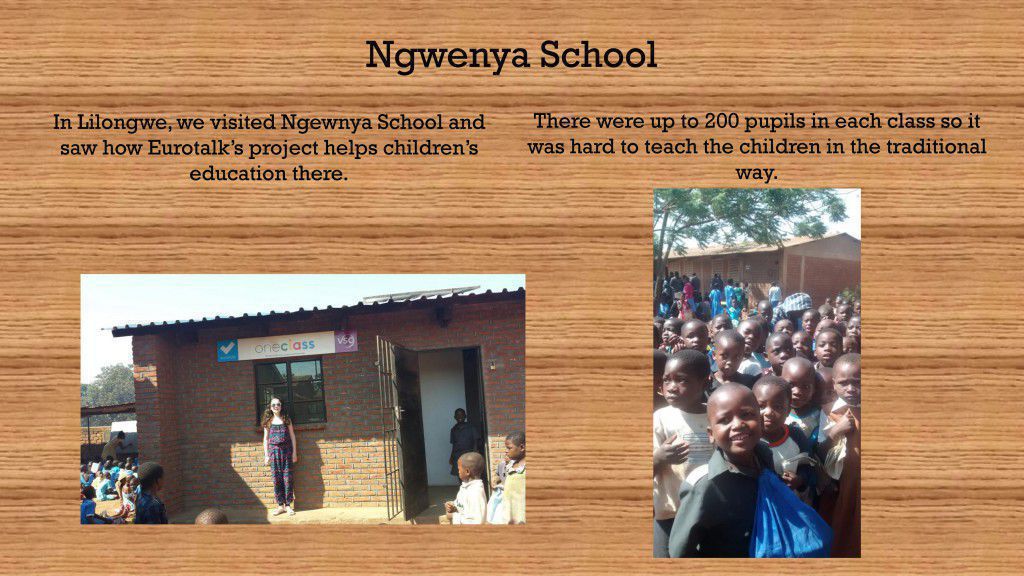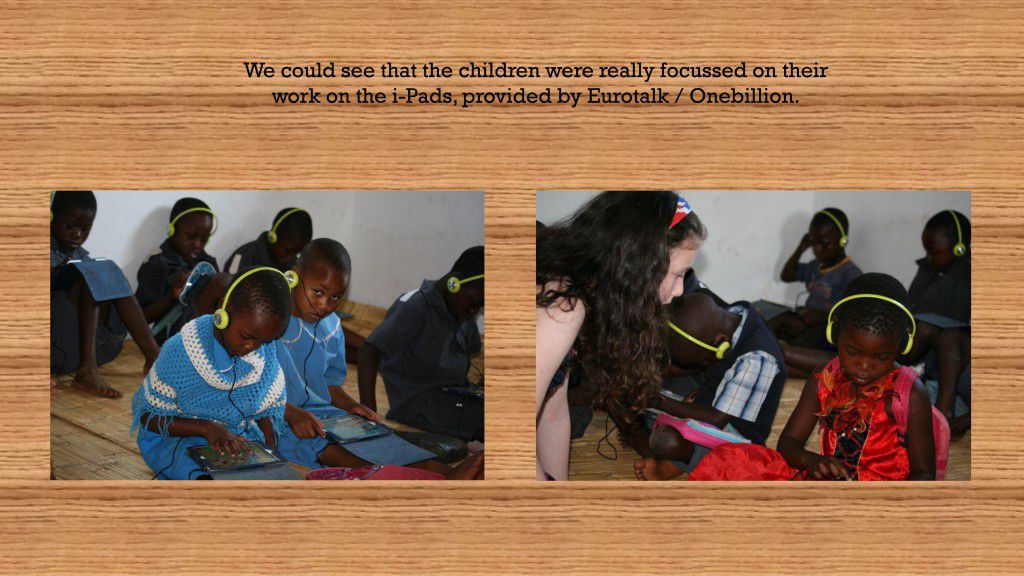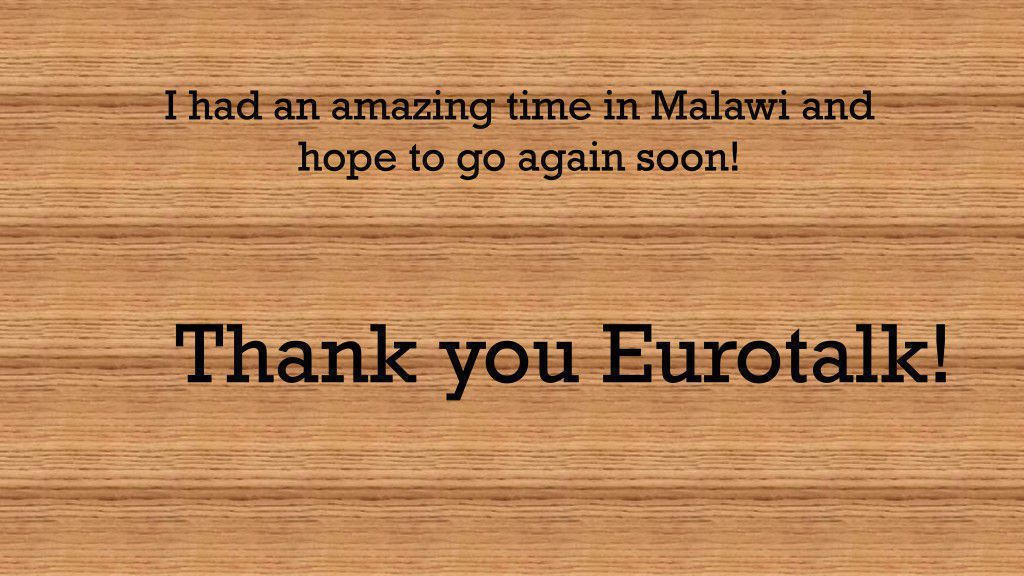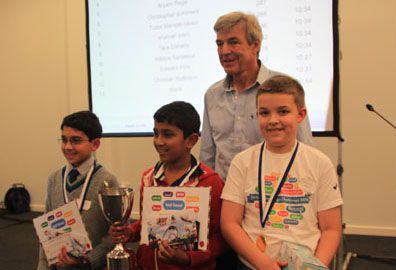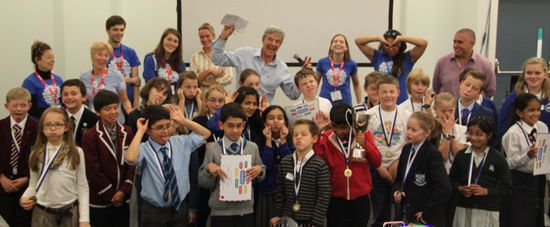The importance of Body Language when learning a new language
Today we’re happy to welcome back Izabella Klein, who spent some time with us last year while she was translating the onebillion maths apps into Brazilian Portuguese. Izabella’s new post focuses on a language we all speak, even if we don’t realise it…
Starting next year I will go back to teaching English as a second language. In the meantime I am recalling all the grammar points, reminding myself what to do in a classroom, as well as emphasising the key points when learning a new language. During this process, I thought of myself as a linguist constantly studying new languages: either technical languages or a new language spoken elsewhere in the world.
This moment of reflection and remembrance made me realise in a more mature way how body language is not only important in daily conversation, but it is the ‘real universal language’, since it is the only language that in fact everyone in the world can use. So, it becomes really important when learning/teaching a new language. I would say it is the first key to follow into teaching any new language.
 For instance, how do we recognise body language? Probably when we realise when someone is sad or happy, thrilled or devastated just by their faces and body movements. So body language is when we can interpret without a word being said – only by our eyes observing someone using body language. Old black and white movies are great examples when we notice how they used much more body language than movies nowadays. No sound, no words, all they had were scenarios, costumes and body language to make people laugh or cry.
For instance, how do we recognise body language? Probably when we realise when someone is sad or happy, thrilled or devastated just by their faces and body movements. So body language is when we can interpret without a word being said – only by our eyes observing someone using body language. Old black and white movies are great examples when we notice how they used much more body language than movies nowadays. No sound, no words, all they had were scenarios, costumes and body language to make people laugh or cry.
Now think of an international film festival you’ve been to, or just any foreign movie you’ve watched one day, in a language you either don’t speak at all or at which you are still basic or intermediate level. If you got tired of reading the subtitles, or you’re a language geek like me, always trying to understand what people say even if it’s an unknown language, you had to go with ‘trying to figure it out’ by listening to the sound of the words said by the characters and observing the body language they were using while saying it.
So don’t go taking any conclusion in advance, thinking you will not be able to understand anything at all, just because you don’t speak the language. Relax and watch the movie, observe what the characters do. I bet you will understand more than you imagine and you will learn even if only a little bit of that language.
Meeting foreign people in person and socialising with them is also a great opportunity of observing and learning a new language and culture. We have such opportunities when we travel abroad, have a foreign friend coming over, when we chat with a friend via Skype or similar, or when we have a language teacher.
But if you don’t have those at the moment but you still want to learn, multimedias are really efficient not only for entertainment, but for education purposes as well. We are able to observe images, while we listen and even read. We use both our eyes and our ears; these senses, at the same time connected and alert, increase learning possibilities. And we see not only scenarios and costumes that help identify cultural aspects. We also see body language as a key to trying to figure out what is being said or even really understand what is being said, together with words that might sound familiar due to having the same linguistic routes as another language you already learnt.
Did you ever have a language teacher trying to introduce some new vocabulary in class, acting like a drama teacher, using a lot of mimes and weird sounds trying to make you understand the meaning of the new words? She was not just acting CRAZY, she was trying to make you learn like babies do, by observing. So, pay attention to body language, it will definitely help you learn other languages. As for me, I will probably take drama classes to help me improve my body language skills in class…
Izabella Klein
JLC winner Ella’s Malawi trip
Today we’re very excited to share a presentation from Ella Whittingham, from West Bridgford in Nottingham, who won the Junior Language Challenge in 2013. Ella and her family have just got back from her prize trip to Malawi, and we’re really glad to hear that they had a fantastic time! Read on to see what they got up to, and what this year’s champion, Yash, has to look forward to…
By the way, if you’d like to be kept informed about the Junior Language Challenge 2015, which will start in March, you can sign up to our mailing list on the JLC website. And to learn more about the work of onebillion at Ngwenya and other schools in Malawi, find them at onebillion.org.uk.
Click on any of the slides to see a bigger version.
Junior Language Challenge 2014 – the final!
On Friday 17th October, 31 young linguists from all over the country came to London for the final of our national competition for primary schools, the Junior Language Challenge. Since March, they’d learnt Italian for the first round, Japanese for the semi-finals and they’d spent the last few weeks studying the African language of Somali in preparation for the final.
As the final got underway, one thing became very clear – it was going to be close! We started with three tense heats, from which only the top 12 overall would gain a place in the final round. After a break for lunch (and a spot of African drumming to let out the tension), the top 12 returned to the iPads for the final showdown…
Congratulations to our champion, Yash Suribhatla, who put in an amazing performance to win the top prize of a family trip to Malawi. While he’s there, Yash will have the opportunity to see the work being done by our charity onebillion. Well done also to our runners-up, Nathan Govender from Surrey and Shane Bowden from London.
But we don’t want anyone to feel disappointed – with over 1,100 children registering for the JLC back in March, to reach the top 31 in the country is an absolutely amazing achievement and one we hope all our finalists will be very proud of. So we’d like also to say a huge congratulations to all our superstars, not only Yash, Nathan and Shane but also Christian, Nicole, Olivier, Edward, Christopher, Maciej, Rosie, Grace, Tara, Nithya, Aalaya, Matthew E, Isobel E, Matthew W, Tudor, Aryam, Georgia, Ben, Gregor, Cara, Eleanor, Isobel P, Jennifer, Sharvari, Harry, Saarah, Maryam and Theo!
See more photos from the JLC final.
And finally, a few words from our champion 🙂
Hello, my name is Yash Suribhatla and I attend Fairfield Preparatory School in Loughborough. I won the EuroTalk JLC final, 2014. This once in a life-time experience really interested me in learning new languages and I would describe it as one of the best learning opportunities I have ever had, which will remain with me for the rest of my life. I was glad to see all my hard work, trials and tribulations and occasional tears pay off in the very end. Realising that I had won was mind-blowing. What made it even more special was that I had never won such a big trophy in my life!
I felt so frightened as I entered my name at the start of the grand final. Going behind on points in the first three rounds, made me determined to fight back in the next few rounds. Luckily, I managed to pull it off and maintain my lead until the end. I was truly speechless when I won and managed to smile at my teacher, who smiled back in delight.
Well done, Yash!
If you’d like to know more about the Junior Language Challenge and how to take part in 2015, you can sign up to our mailing list on the JLC website, where there’s also more information on what the competition is all about. Or you can email us with any questions.
Why learn Chinese Chengyu?
Today’s guest post is by Joe Paterson, a student at Keats School in China. Joe explains Chinese chengyu, which are absolutely fascinating and a perfect example of why we love languages so much – they’re all so unique and interesting. Do any Chinese speakers have more examples – or does the language you’re learning have an equivalent?
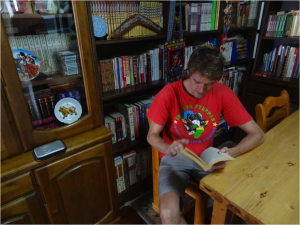 Each language has its own idiomatic richness. English is full of proverbs, sayings and odd phrases like ‘Bob’s yer uncle’. Chinese is no exception. When you learn Chinese in China, you will definitely come across all kinds of interesting and creative ways of saying and expressing things. 土包子 (tubaozi/earth steamed-bun) means a country bumpkin or someone with backward or poor taste, and to wear 绿帽子 (lv maozi/ green cap) means to be cuckolded. But perhaps the most uniquely Chinese idioms are 成语 (chengyu).
Each language has its own idiomatic richness. English is full of proverbs, sayings and odd phrases like ‘Bob’s yer uncle’. Chinese is no exception. When you learn Chinese in China, you will definitely come across all kinds of interesting and creative ways of saying and expressing things. 土包子 (tubaozi/earth steamed-bun) means a country bumpkin or someone with backward or poor taste, and to wear 绿帽子 (lv maozi/ green cap) means to be cuckolded. But perhaps the most uniquely Chinese idioms are 成语 (chengyu).
Chengyu are four character phrases that can be thrown into daily conversation but will throw up a wealth of meaning and significance to the interlocutor. Some of these phrases seem quite bizarre without a context, but many have a background story which explains the meaning and also conjures up images that reinforce the word’s meaning.
The first chengyu we will look at is 东施效颦 (Dongshixiaopin/ Dong Shi effect frown). The literal translation is altogether puzzling but a native speaker would instantly know the meaning to be to imitate someone but have the opposite to the desired effect. It is only when we know the background story to the saying that we can fully comprehend it. The story goes that there was a beautiful girl named Xi Shi in the ancient Yue state who was admired by everyone in the village. However Dong Shi, another girl, was ugly and could never command attention. One day when Xi Shi fell ill she walked out of the door holding her hand to her breast, her face contorted in pain. All the villagers were concerned at her trouble and pain. Seeing this, Dong Shi attempted to imitate her mannerism. But when the villagers saw such a grotesque sight they were repulsed and ran away.
Nowadays people might use 东施效颦 to describe someone blindly imitating a pop star’s outfit, only to be ridiculed themselves for looking stupid. Or, someone plagiarising another’s business idea only to find themselves go bankrupt.
The second chengyu is 刻舟求剑 (ke zhou qiu jian/mark boat search sword) which means to pursue a goal despite changing circumstances that should be considered, or, in short, being stubborn in a foolish pursuit.
The phrase comes from a story where a man drops his beloved sword into a river. He marks the side of the boat to show where the sword fell in. Once at the shore he dives back in to find the sword but to no avail. Of course between marking the boat and getting to the shore the boat has moved downstream. An example of when his phrase could be used might be if someone insists in investing in a certain product even if research shows that the product might not sell.
Other phrases are not strictly chengyu but are made up in the same structure and used in daily speech, even though most people may not know the exact origin of the term.
乱七八糟 (luan qi ba zao/confusion seven eight pickle) is a word used to describe anything messy and unorganised, from a bedroom to the way in which someone does something. The phrase actually originates from a late Qing dynasty novel by Zeng Pu, in which he describes the way craftsmen used to keep their workshops in a 乱七八糟 state.
Many common chengyu may not have such an interesting background but serve to colour the language with images that are created by the visual characters themselves or their meaning. 自讨苦吃 (zi tao ku chi/ self ask for bitter eat) provides an image for the idea to ‘ask for trouble’ and 利欲熏心 (li yu xunxin/ profit desire smoke heart) would be the equivalent of the English phrase ‘blinded by greed’, but creates an interesting image of the desire for profit creating a vapour masking the heart.
The ability to use chengyu well is very much admired in China and so it is well worth trying to improve one’s own use and trying to learn more. After a while some chengyu become so natural to explain a certain scenario or situation that sometimes they even surpass one’s own mother tongue equivalent word or phrase. Taking a Chinese language course from a professional language school could help to establish one’s linguistic and cultural foundation to be able to understand and use chengyus in a versatile way.
Joe Paterson (Keats School)
Junior Language Challenge – the semi-finals!
Back in March, over 1,100 primary school children from around the UK joined our annual competition, the Junior Language Challenge, learning Italian online. Over the next three months, they scored points in the language games, and then in June the top scorers from each region of the country progressed to the second round.
Not wanting to make it too easy, for their next challenge we asked them to learn the notoriously tricky language of Japanese. Impossible, you might say – how can you expect children under 11 to learn such a difficult language?
As we discovered this week, it’s not impossible at all. Over the last ten days, we’ve been travelling around the country for the regional semi-finals, and have been seriously impressed with what we’ve seen. All the children had clearly worked really hard, and we had several very tense contests in the race to grab a place in the final. There were some familiar faces, and some first-time competitors, and everyone gave it their all. So on behalf of EuroTalk, thank you to all the teachers, parents and most importantly, the children for joining in so enthusiastically.
The competition also raised nearly £6,000 for a brilliant organisation called onebillion, who create apps to teach children in developing countries basic maths and reading, giving them valuable learning opportunities that we often take for granted here in the UK. onebillion were recently featured by BBC Click, and their report gives you a taster of the fantastic work they’re doing in Malawi.
But what about our finalists? They’re not finished yet. For their third and final language, they’ll be learning the African language of Somali, ready for the grand final in London next month, where they’ll compete for the title of Junior Language Challenge Champion 2014, and a family holiday to Africa.
We hope that everyone who’s taken part in the JLC this year, whether you’re continuing on to the final or not, really enjoyed it. Now you know that you can learn any language, even difficult ones, the sky’s the limit!
And to our finalists… see you next month 🙂
